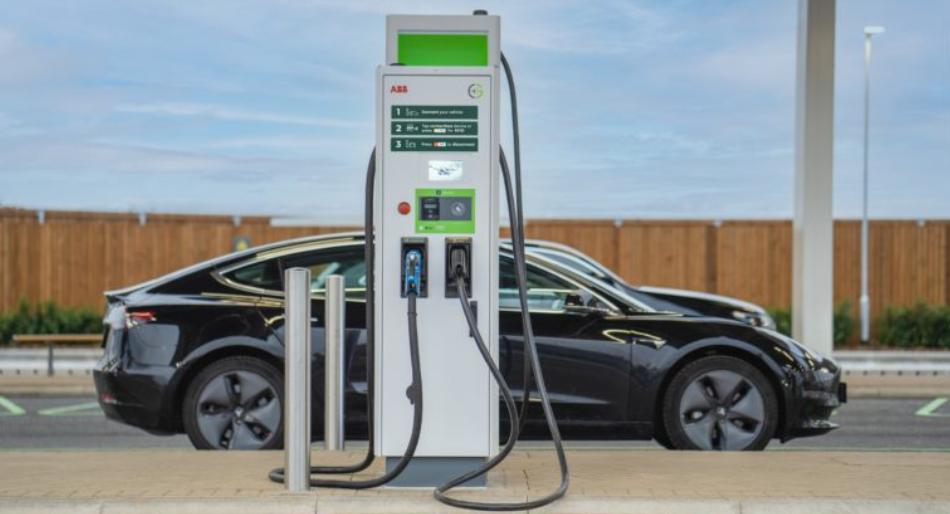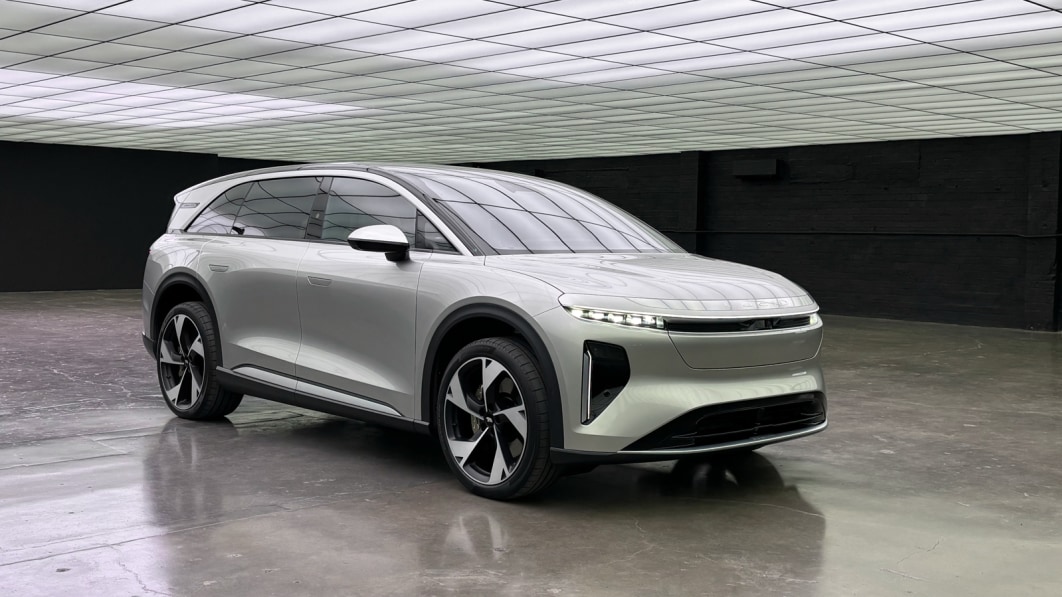The electric vehicle (EV) revolution is gaining momentum, with an increasing number of drivers choosing f6ba901c5019ebe39975adc2eb223bef and green transportation. but alongside the pleasure of these zero-emission motors comes an essential question: a way to rate them? input the EV charger, the unsung hero that keeps your EV running smoothly.
This complete manual dives deep into the arena of EV chargers, exploring differing types, functionalities, and elements to not forget when selecting the proper one in your desires. whether you are a pro-EV motive force or just beginning your studies, this text will equip you with the knowledge to make knowledgeable decisions approximately EV chargers.
what’s an EV Charger?
An EV charger, additionally known as an electric vehicle supply gadget (EVSE), is a tool that supplies electrical strength for recharging plug-in electric vehicles (together with battery electric automobiles, electric vehicles, and community electric cars).
There are two important classes of EV chargers:
- AC (Alternating cutting-edge) Chargers: These chargers are usually located in houses and public charging stations. They supply AC strength, that’s then converted into DC (Direct modern-day) by way of the automobile’s onboard charger for the battery garage. AC chargers usually provide slower charging speeds compared to DC chargers.
- DC (Direct modern) Chargers: Also referred to as fast chargers, DC chargers supply DC power directly to the auto’s battery, bypassing the onboard converter. This outcome in notably faster charging instances, making them best for lengthy trips or whilst you need a quick pinnacle-up. DC chargers are frequently found at public charging stations alongside highways and urban areas.
Types of EV Chargers
Now that you understand the basic functionality of EV chargers, let’s explore the differing types available:
- level 1 Charger: This is the most basic sort of EV charger, often protected with the purchase of an electric-powered vehicle. It plugs into a standard one hundred-twenty-volt family outlet and gives the slowest charging fee. A stage 1 charger is suitable for a single day charging if you have confined use desires.
- level 2 Charger: This is the maximum not unusual kind of charger used for home charging. stage 2 chargers are normally hardwired right into a 240-volt outlet (much like your dryer outlet) and offer significantly quicker charging instances compared to degree 1 chargers.
- DC rapid Charger: Those high-powered chargers, also referred to as level three chargers, supply DC electricity without delay to the automobile’s battery, permitting rapid charging in as little as 30 minutes for some models. DC fast chargers are ideal for lengthy-distance travel or while you want a quick increase on the pass.
Choosing the Right EV Charger for You
Choosing the proper EV charger depends on numerous elements:
- Your driving habits: If you have a short daily go back and forth, a stage 1 or degree 2 charger at domestic might suffice. but, if you often take long journeys or want a brief charge from time to time, a DC fast charger available for your region is important.
- Your vehicle’s charging capacity: One-of-a-kind EVs have various charging talents. seek advice from your vehicle’s manual to understand the well suited charger kinds and most charging speeds.
- Your budget: Degree 1 chargers are commonly the maximum lower priced, observed through stage 2 chargers. DC fast chargers are generally the maximum highly-priced option because of their excessive power output.
- Availability of installation: Installing a degree 2 charger at home would possibly require electrical upgrades depending on your existing wiring. remember consulting a qualified electrician to evaluate your needs.
Benefits of proudly owning an EV Charger
There are numerous benefits to having a committed EV charger at domestic:
- Convenience: rate your car overnight or every time you want it with out counting on public charging stations.
- Faster Charging: degree 2 chargers offer substantially quicker charging speeds compared to a popular outlet, saving you precious time.
- Cost-Effective: domestic charging is normally cheaper than counting on public charging stations, in particular while thinking about time-based totally prices at certain stations.
- Peace of Mind: knowing you can effortlessly price your car at domestic gives peace of thoughts and gets rid of range tension related to EVs.
FAQs about EV Chargers
Here are a few regularly requested questions concerning EV chargers:
Is it safe to charge an EV at domestic?
Sure, charging an EV at home with a properly set up charger is secure.
How long does it take to price an EV?
Charging times vary depending on the charger type, battery size, and the auto’s precise competencies. A stage 1 charger may take eight-12 hours to fully charge an EV, at the same time as a DC speedy charger can offer an 80% price in as little as 30 minutes for some models.
Conclusion
The sector of electric vehicles is swiftly evolving, and EV chargers are a crucial factor of this modification. With a diffusion of charger types available. from convenient domestic gadgets to powerful DC rapid chargers on the go. There’s an answer for each EV motive force’s needs.
This guide has ready you with the know-how to make informed decisions approximately EV chargers. By means of considering your user behavior, vehicle competencies, finances, and charging options. You may pick the perfect charger to maintain your electric vehicle strolling smoothly and effectively.





One thought on “Powering the Future: A Guide to EV Chargers”